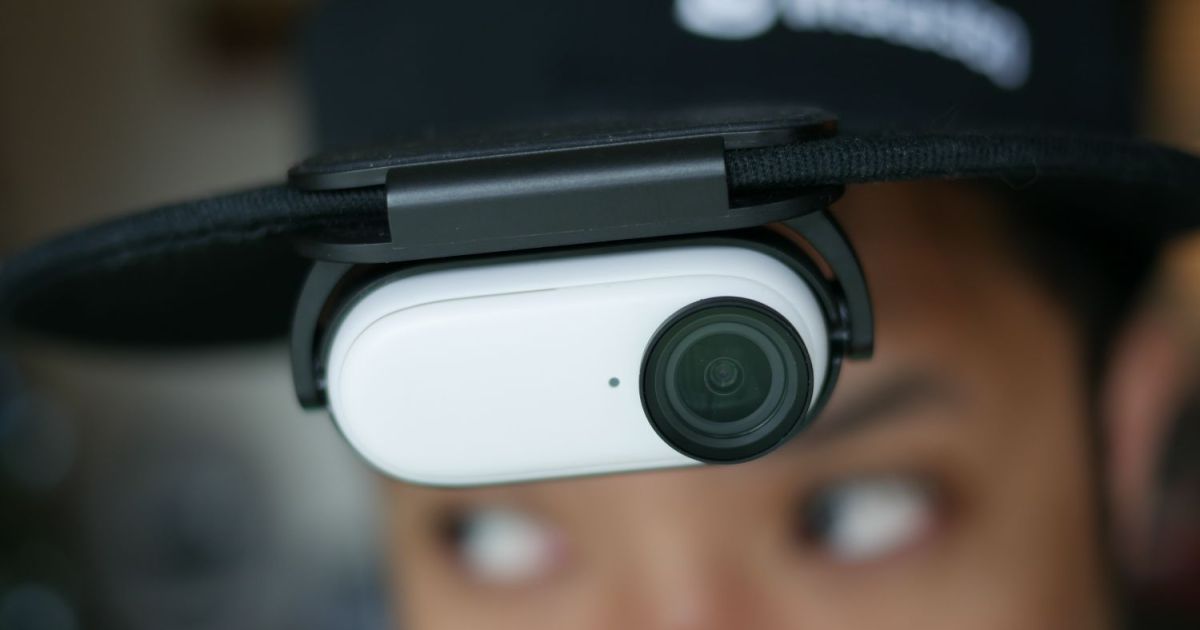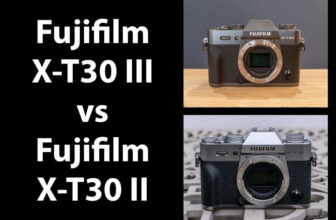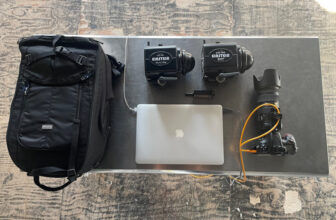
Insta360 Go 2 Review: Going to places no other cameras can go
MSRP $300.00
“You’ll be inspired to capture some interesting perspectives that are unlocked thanks to its size.”
Pros
- Ultracompact size
- Versatile set of accessories
- Smooth stabilization
- Durable construction
Cons
- Frequent app crashes
- Quality takes a dip under low light
There are many reasons why people choose action cameras over traditional mirrorless cameras and smartphones, but perhaps the most important one is the unique point of view they’re able to provide. That’s just one aspect that appeals to me about the Insta360 Go 2, which fundamentally follows the same approach as other action cameras. Due to its diminutive size, though, it lends additional utility to capturing clips that are nearly impossible to obtain with other cameras — all while remaining as discreet as possible.
Unlocking new perspectives
Let me just state the obvious here: The Insta360 Go 2 can go in most any place, even those you would think impossible. That’s without question what makes this action camera a far more effective tool for obtaining unique perspectives. Compared to most action cams, like the DJI Osmo Action that I use, the camera module for the Insta360 Go 2 is about a quarter of the size. That allows the Go 2 to capture content in tighter spots. It’s also generous of the company to include some useful accessories with the purchase, including a magnet pendant, pivot stand, and easy clip.
It’s just as light as a single AA battery.
They all have their intended purpose. For instance, the easy clip can be fastened to the brim of a cap to capture a first-person view (FPV). I love how the clip can also be rotated downward to capture a little bit of my face in the composition, which can be useful for unboxing videos or showing off something that I’m holding. Also notable id the charging case, which not only charges the camera, but doubles as a remote control, mini tripod stand, and mounting strap. Needless to say, there’s a level of utility present here that’s tough for current rival cams to match.

As for the camera itself, it’s miniscule and weighs in at under one ounce — so it’s just as light as a single AA battery you may have lying around. Its ultracompact size makes it more discreet when it’s worn using the magnet pendant, but there’s no way to stop the LED light on the camera from blinking as it’s recording. Hopefully, that changes with a future firmware update.
Shoot now, worry later
It’s really hard to fall in love with a camera when you can’t preview what the camera is shooting. Well, that’s unless you connect it to your smartphone using the Insta360 app. Besides that, you’re basically shooting blind in the hopes that you’re getting the correct framing. All that’s needed to start capturing video is to press the physical button just beneath the camera lens, or double-press it for a photo — you can change these functions through the app, thankfully.
As for the quality of the camera, it’s predictably best when the lighting conditions are ideal. On sunny days, you’ll get sharp clips in 1440p resolution — shooting in pro mode yields a raw 2880 x 2880 clip at 30 fps. The magic of the software brings it down to 1440p, which is more than usable because of how the footage is stabilized. Under low light, however, its quality is softened tremendously and noise becomes more noticeable in the shadows. You’ll want to use it only when the lighting conditions are good.
What impresses me most about the shoot now, worry later method is that the Insta360 Go 2 does a pretty good job of maintaining a lock on the horizon. This ensures that no matter how you’re holding the camera, it’ll always remain level because the app will automatically do all the work for you. Add in stabilization, particularly FlowState stabilization when shooting in pro video mode, and the shakes you get in the raw footage are magically stabilized.
App crashes galore
As I pointed out earlier, the Insta360 Go 2’s size allows it to capture unique angles. However, the run-and-gun style of shooting makes me less inclined to ever use my smartphone to properly frame a shot. It’s just a pain because of the added time that’s involved, as well as how the app frequently crashes.
Since using the camera, I’ve experienced several crashes when connecting to the camera or previewing a clip I just captured. It got really bad at one point when it just kept on doing it, so I ended up having to do a fresh install of the app — which brings me to the value of a dedicated display. With my DJI Osmo Action, not only is there a rear display to frame a scene correctly, but there’s also a front-facing display that helps me to see myself when I intend on being in the frame.

Of course, I would really love to see a direct wired connection option to eliminate some of my frustrations. The USB-C port on the charging case, for example, could perhaps be used to directly connect to a smartphone — much like how the DJI Pocket 2 achieves this with a simple adapter. Beyond that, the direct Wi-Fi connection of this current implementation comes with more frustrations than anything else.
Our take
The Insta360 Go 2 is a fun, discreet camera that can add a very different visual style to your existing repertoire. I love the first-person view it’s able to achieve, as well as how it can be shoved into tight quarters that traditional cameras can’t access. This wouldn’t replace my existing action cameras or smartphones when it comes to that run-and-gun style, but it certainly supplements it.
The $300 cost of the Insta360 Go 2 may be an area of contention for some people, mainly because that’s the same cost as other flagship action cameras in the space right now, like the GoPro Hero 8. Insta360’s offering may not win on paper with its specs, but when you factor in the accessories, its diminutive size, and the incredible stabilization, it’s a worthy addition to your shooting repertoire.
How long will it last?
I get nervous about losing the camera because of how tiny it is, but the Insta360 Go 2 feels solidly constructed — including the charging case. The 32GB of internal storage means you’ll need to do some file management every now and then, while battery life tops out at 35 minutes. The charging case will actively charge it when it’s fastened in there, extending total shooting time to 150 minutes.
So far, the Insta360 Go 2 has survived drops from about four feet in height — in addition to being submerged underwater (it has an IPX8 waterproof rating). If that’s not enough, there’s a one-year limited warranty that comes included with the purchase.
Is there a better alternative?
In the world of action cameras, you’ll get superior image and video quality from the GoPro Hero 9 and DJI Osmo Action, which both feature front-facing displays on top of the traditional rear displays.
Should you buy it?
Yes. It’s unlike other action cameras thanks to its accessories and ultracompact size, so it’s worth buying for the unique shots you’ll be able to capture with it.
Credit : Source Post






